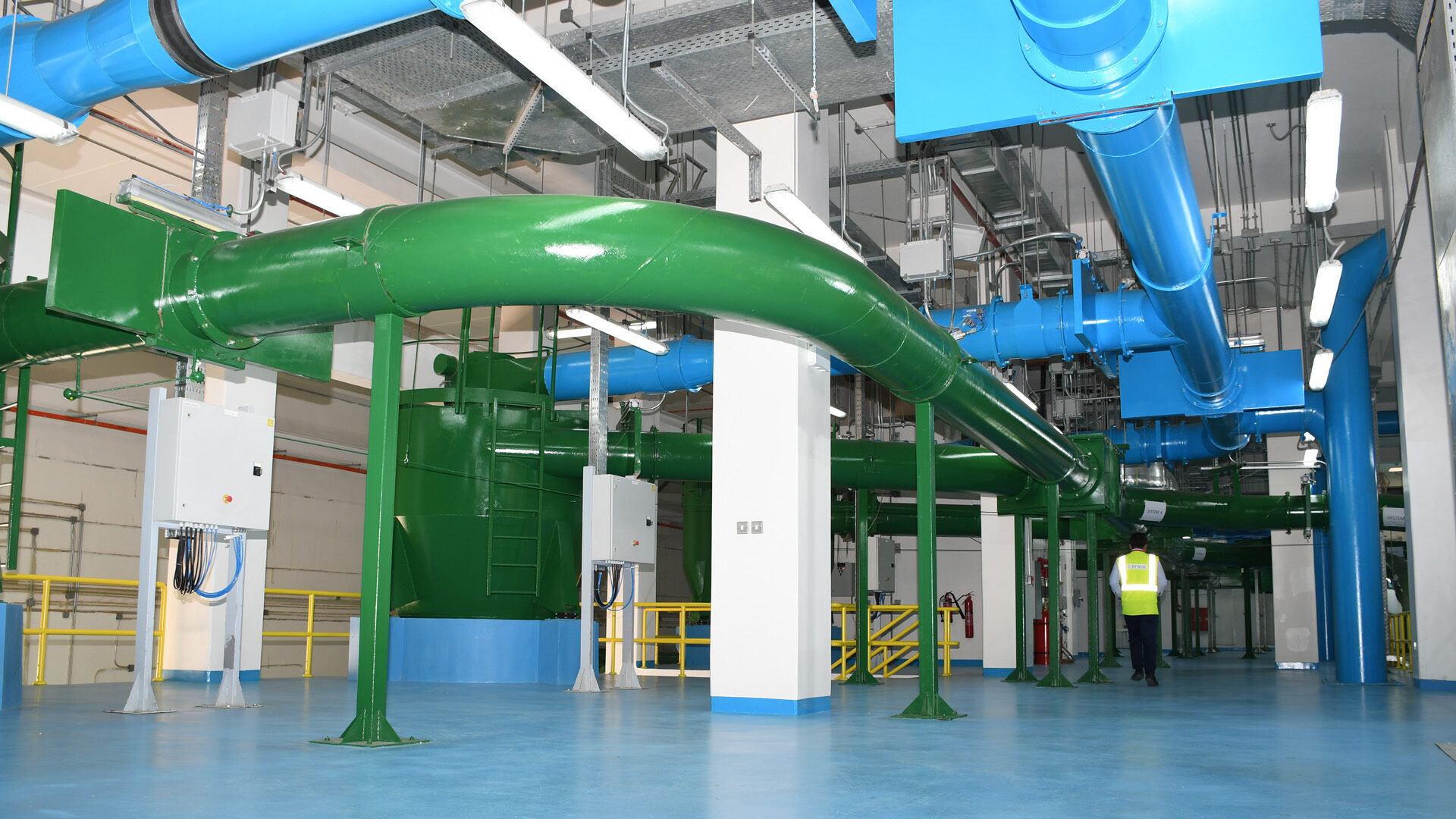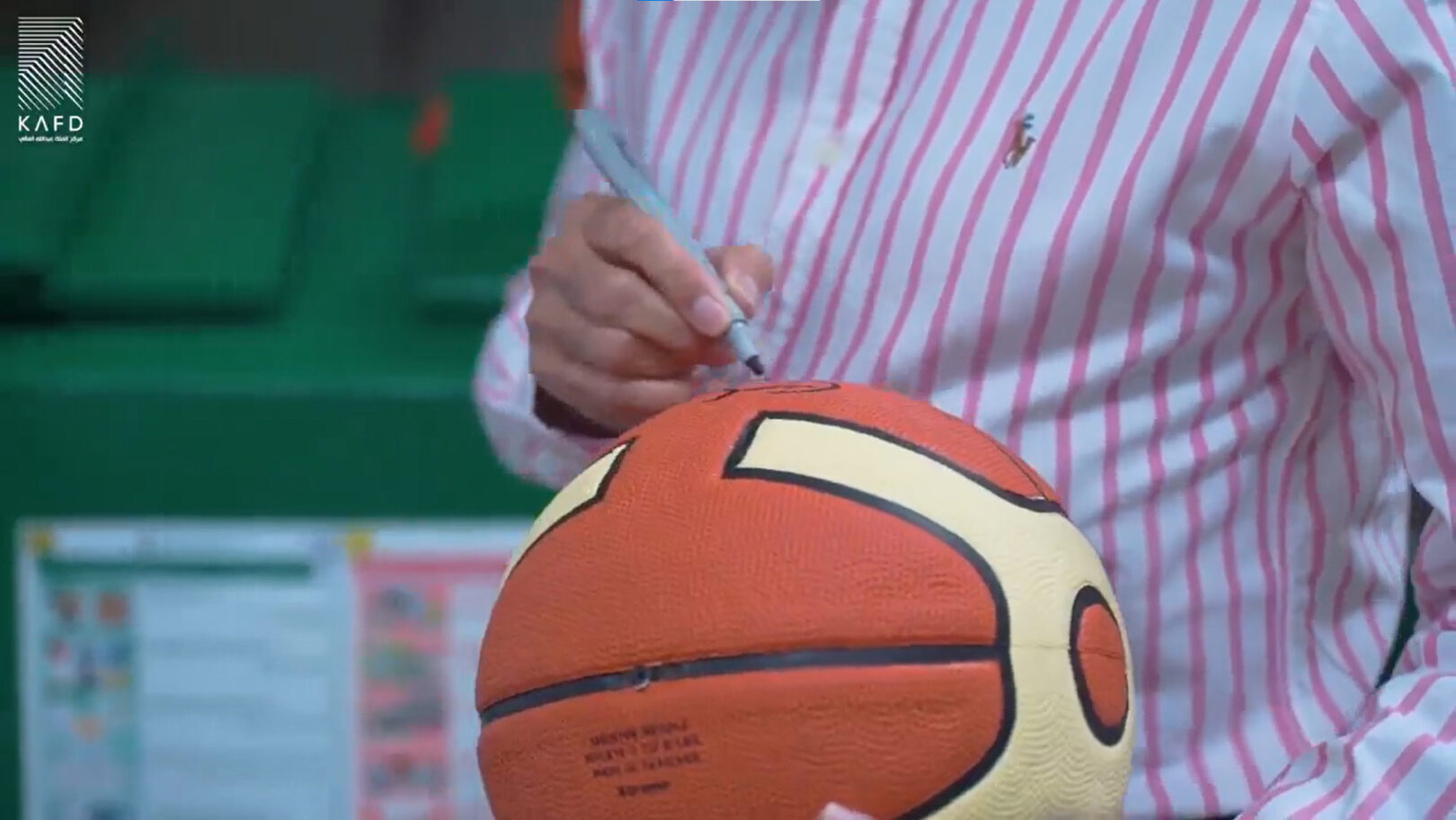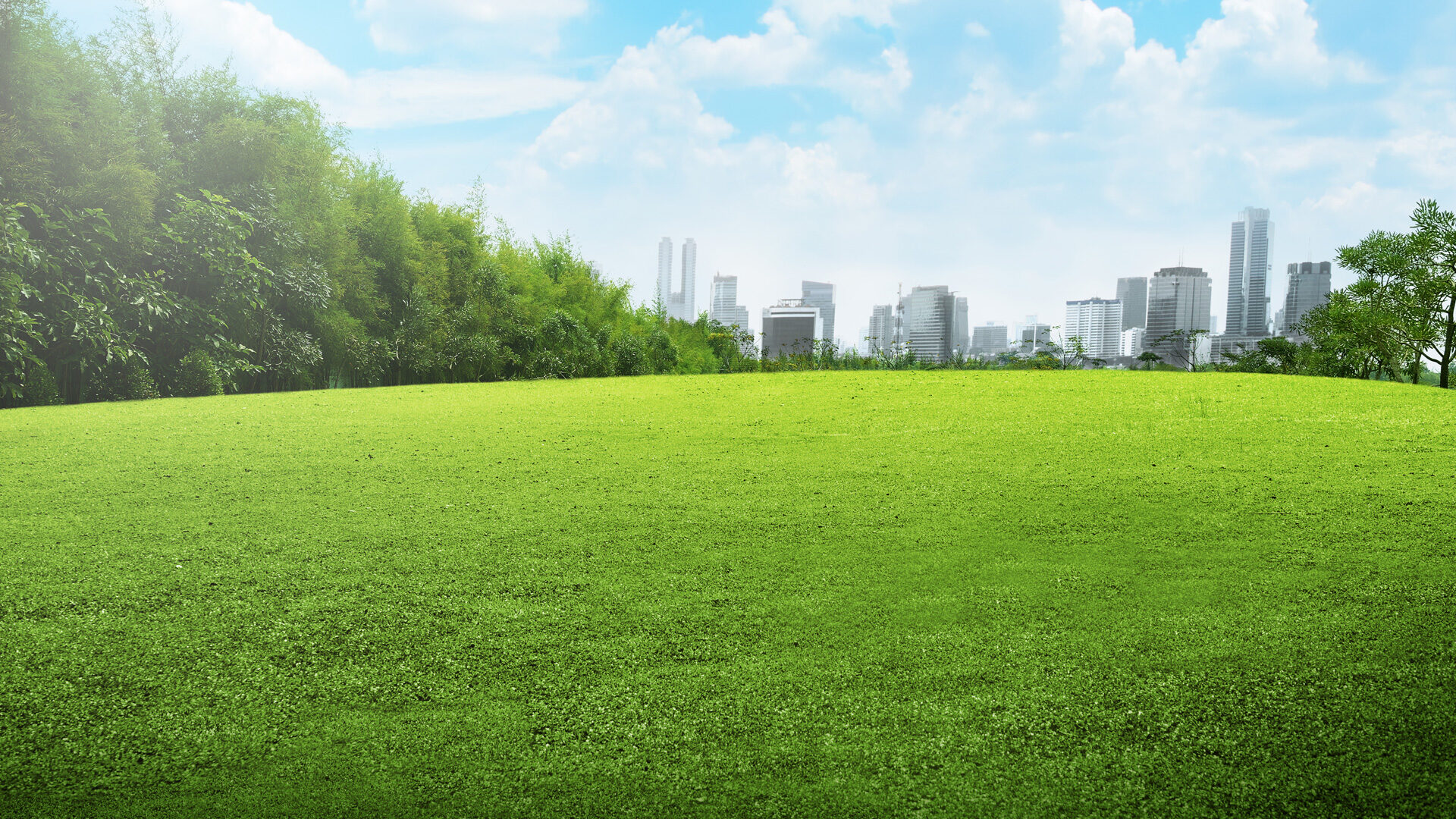The brief

Saudi Arabia is on a mission to become a sustainable, circular economy and continues investing in innovative solutions that contribute positively to the environment. Envac is honoured to be part of this journey in the Middle East by becoming a partner in their waste collection demand strategy at the King Abdullah Financial District, the prime business and financial district in the region. King Abdullah Financial District (KAFD) in Riyadh, Saudi Arabia, empowers businesses through access to advanced office infrastructure and sustainable smart city solutions.
KAFD is the largest mixed-use financial centre in the Middle East. The development has been designed by 25 of the planet’s most efficient architects and extends over an area of 1.6 million square meters in which 95 buildings have been built so far, including 64 towers, intended for residential use and offices, apart from spaces for commerce, leisure, and hospitality.
90%
reduction of CO2
emissions and pollution
50%
lower energy consumption
4
waste collection terminals
160
waste inlets
total pipe length:
21 kilometers
16
public litter bins connected to the Envac system
140
tonnes of waste/day; mixed and recyclables
5000+
apartments connected to the Envac system
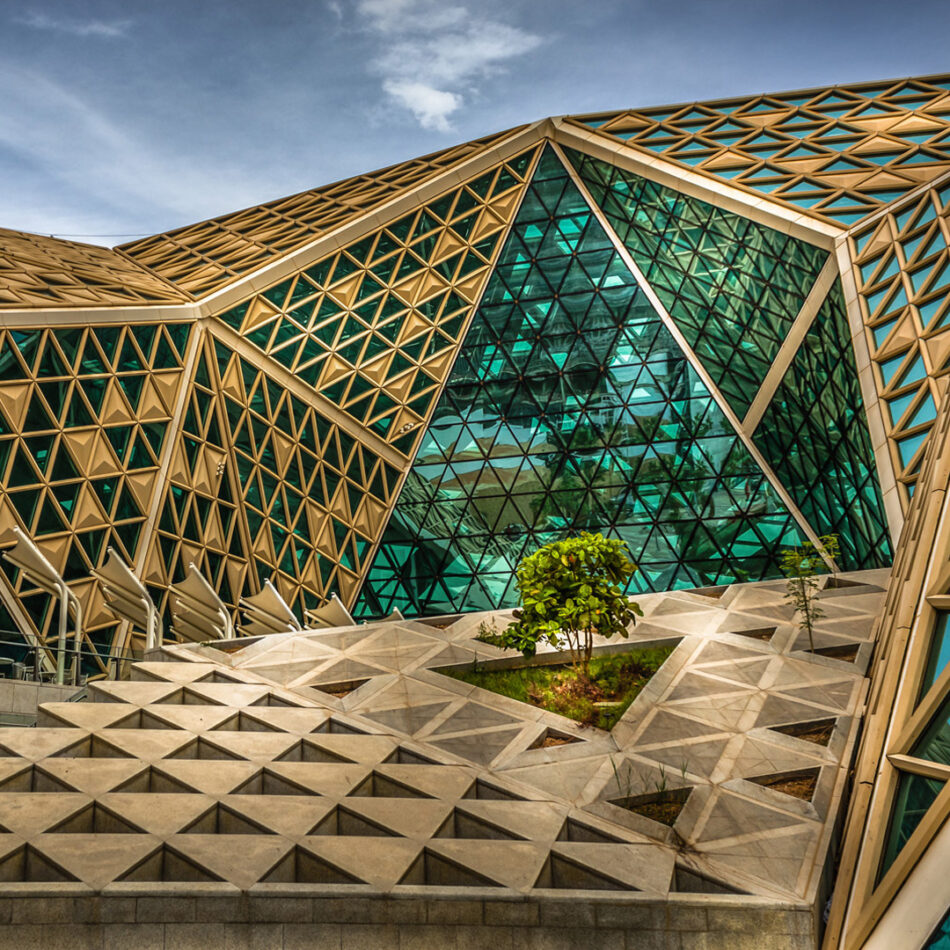
Waste-ability at KAFD – largest installation in the Middle East region
Unlike traditional waste management systems, where waste is manually collected, placed into a compactor, and collected via trucks, Envac’s flexible system is connected to all areas in the district. 160 waste inlets collect waste from 2 different fractions, general and recyclables. Furthermore, the waste is automatically collected from 16 public litter bins on the Wadi pedestrian boulevard. An estimated 140 tonnes of waste is collected daily and transported through the underground vacuum pipes to the collection terminal. Here the waste is then stored in sealed containers which are removed from the site once full.
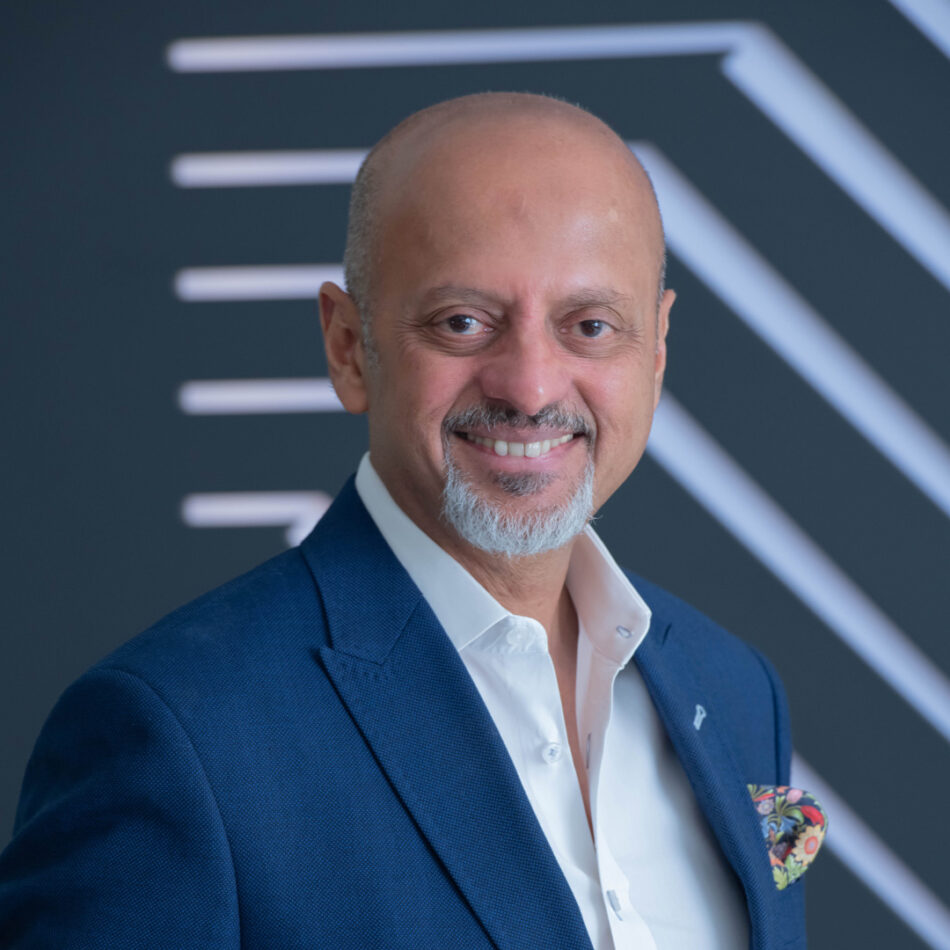
Part of our commitment to urban living in KAFD is climate action, and this means that we seek partnerships that foster and improve environmental solutions for the city and its residents and tenants. Our partnership with Envac helps to ensure that waste at KAFD is properly managed, allowing us to contribute to a clean environment and reduced GHG emissions
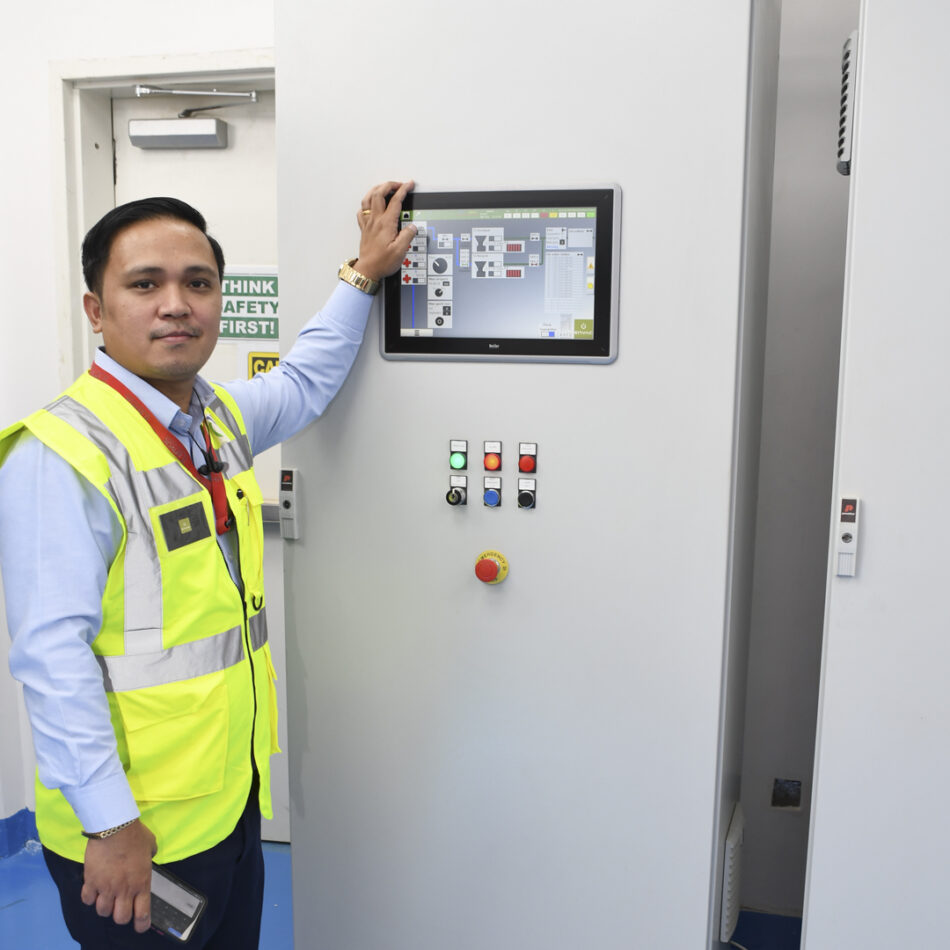
Intelligent automation
Envac’s advanced state-of-the-art Automation Platform (EAP) controls the waste collection system with frequency converters, AI, and sensors. The intelligent system has lowered the energy consumption by up to 50%.
A 21 kilometres underground network of pipes and 16 extractors of 110 kW have been deployed to serve KAFD’s currently built-up properties, although it has been designed to grow for new development in the area.
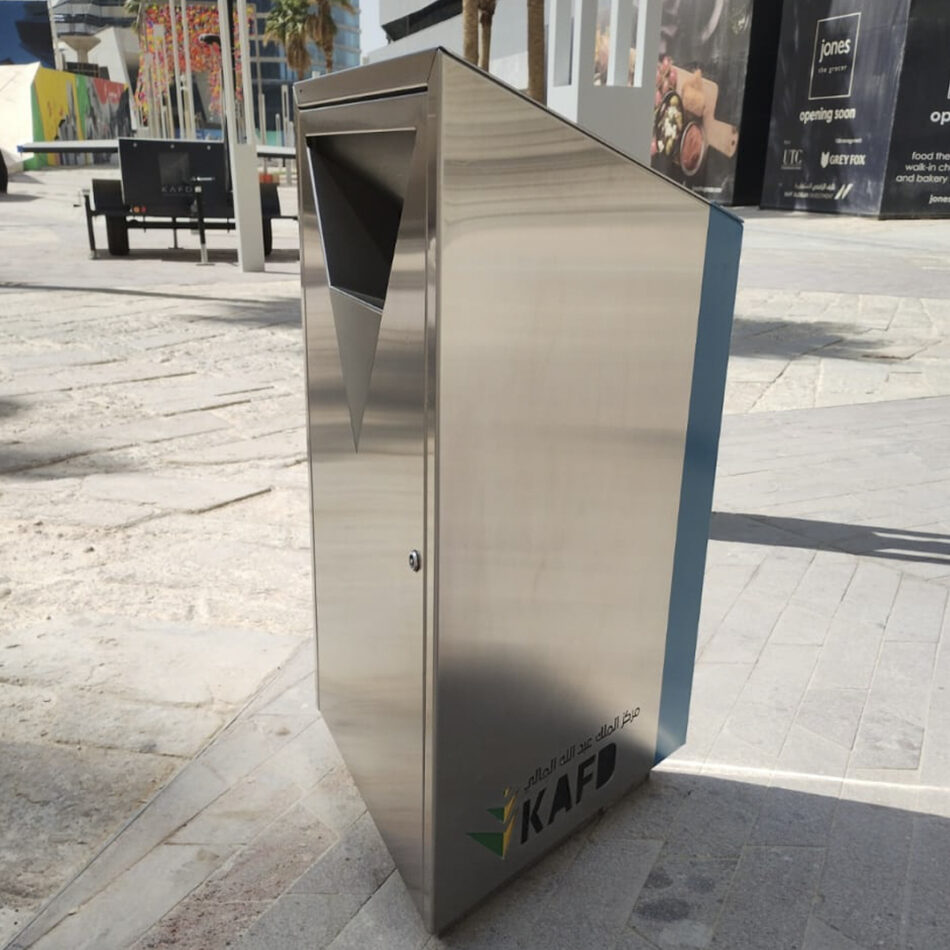
Sustainable development goals
Envac’s waste collection technology is helping build smart cities, promoting sustainable development, and improving urban environments and the quality of life. The system eliminates the need for traditional waste collection and contributes positively by reducing traffic and lowering carbon emissions by up to 90%. It enables good health and well-being among citizens as it improves hygiene, cleanliness, and safety. Envac system equates the waste collection process in terms of comfort and benefits to the rest of the collective infrastructure. It is a must in sustainable urban planning and needs to be planned alongside water supply, energy supply, sanitation, etc.
Download case study pdfWe are proud to be part of the world leading KAFD development by delivering an innovative solid waste management solution. Envac’s automated waste collection system contributes to the sustainable environment at KAFD in many ways, including reducing the carbon emissions of waste collection trucks by as much as 90%. We believe innovative solutions like this are important steps to achieving Saudi Arabia’s Vision 2030 carbon targets, and Envac is fully aligned with this vision.
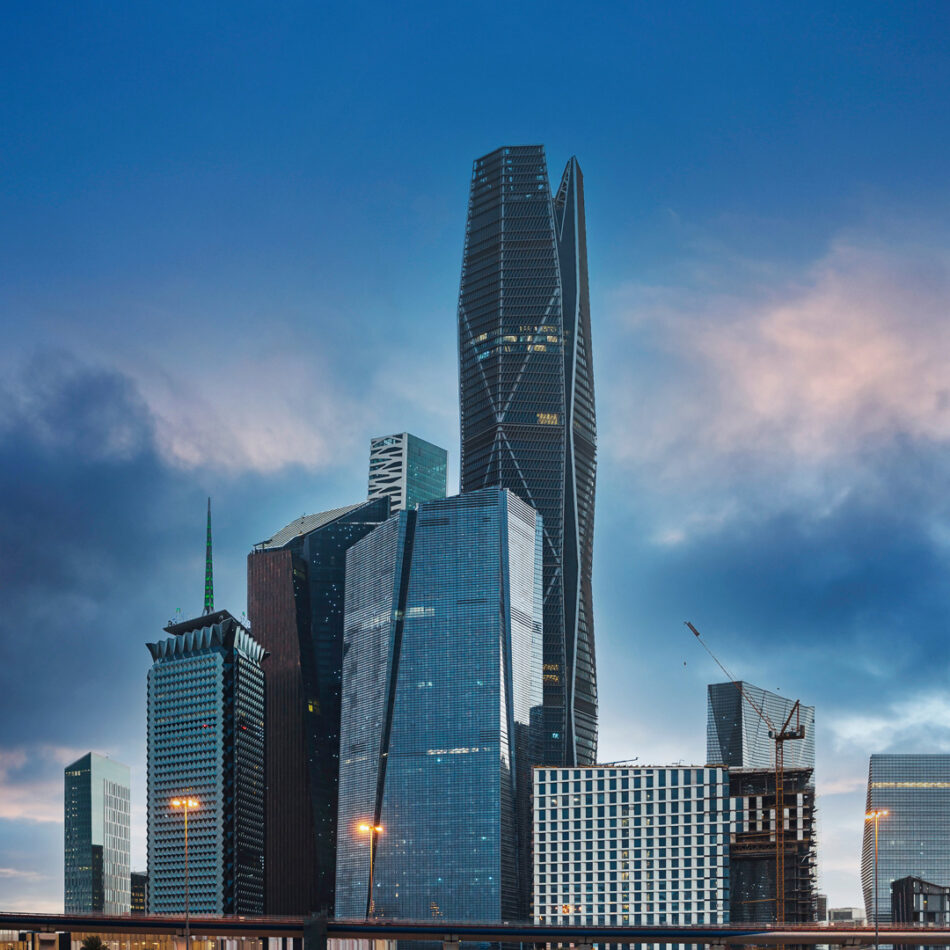
Accolades and recognition
KAFD has been awarded the US Green Building Council (USGBC) Leadership Award for its sustainability initiatives. It has also achieved the platinum certification from the Leadership in Energy and Environmental Design (LEED) program. These make this project an example of a sustainable city on a global scale. It highlights unique architectural designs inspired by the local environment and highly efficient energy consumption, focused on conserving, and recycling natural resources.
